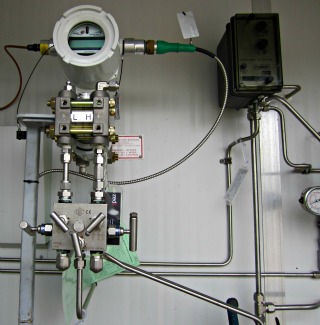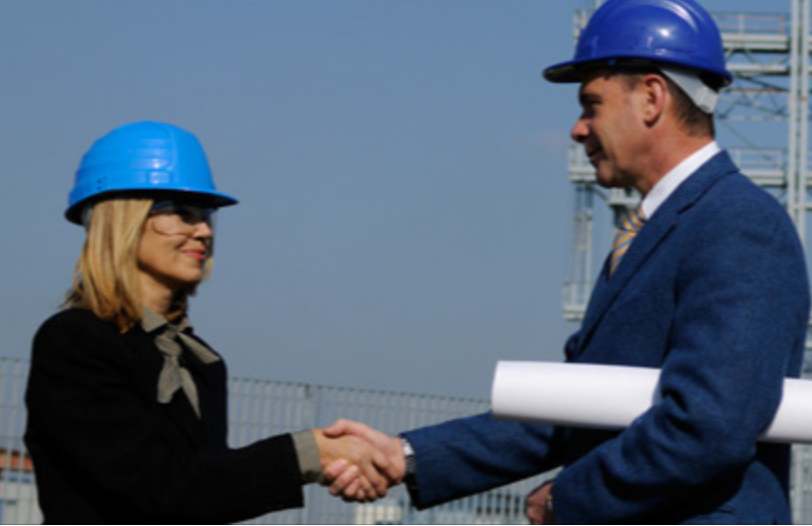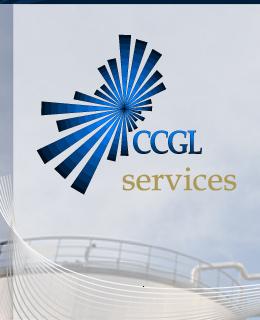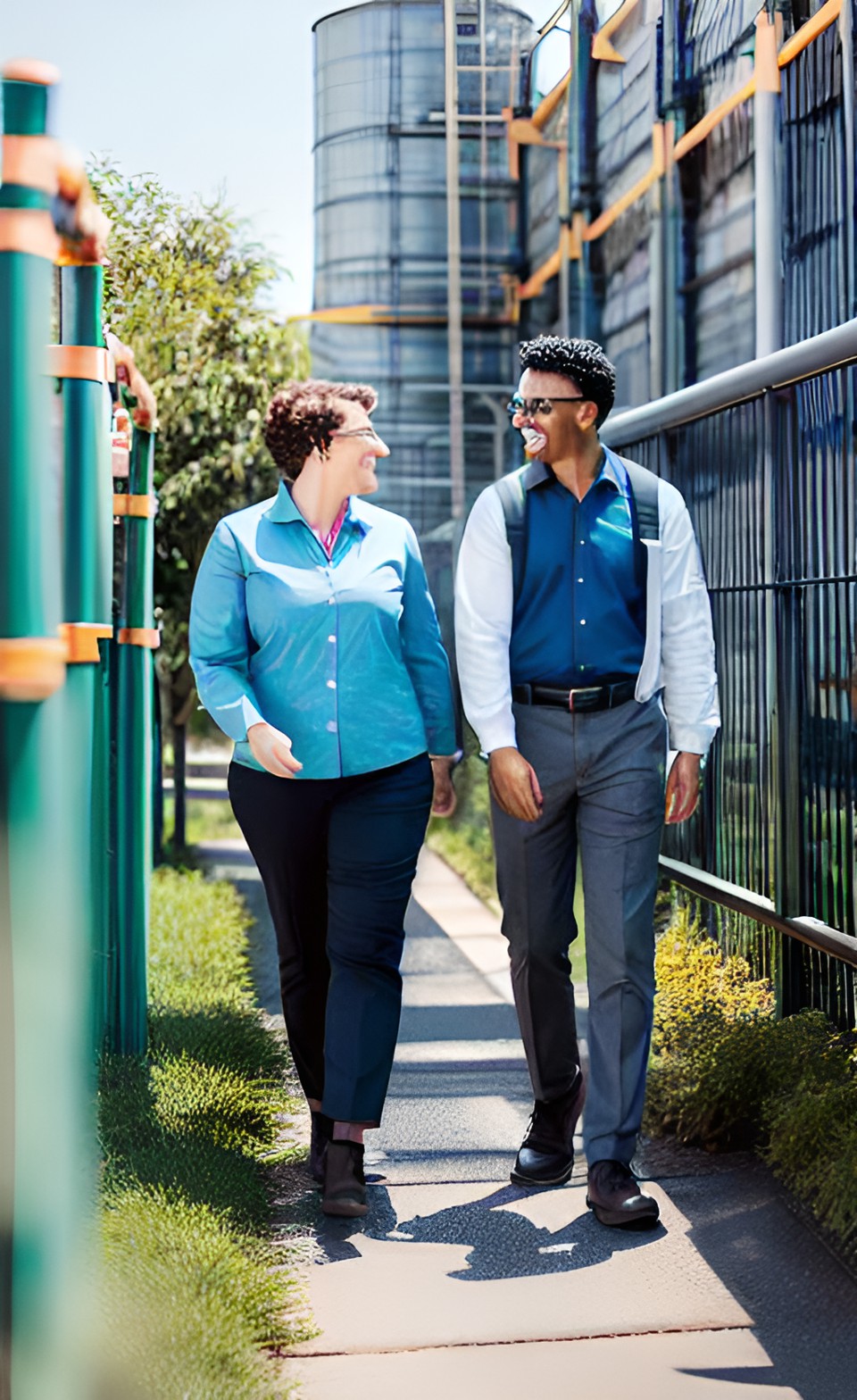- Air Homepage
- Air Quality Testing
Air Quality Testers...What things affect the Quality of the Air?
Air quality testers help us to identify pollutants such as chemicals, particulates, germs, and other biological agents.
Air Quality Testers and Consulting Services: Your EHS Command Center - Do you know what's in the air around your facility, and are you sure you're following every environmental regulation? I'll show you the power of expert air quality testers and modellers, who can use advanced tools to predict your emissions, secure your permits, and eliminate your regulatory compliance headaches!
Air quality testers and air quality consulting firms help industries monitor and manage their air emissions. Among the services they offer are compliance with regulatory requirements, air quality management, emissions control, audits, and training.
What kind of testing are we talking about?
- Measuring pollutant levels by collecting air samples from different locations,
- Testing for volatile organic compounds (VOCs), particulate matter, mold spores, bacteria, and other contaminants,
- Checking air quality in buildings to ensure a healthy environment for occupants,
- Maintaining compliance with air quality regulations,
- Testing emissions from industrial sources, vehicles, and other potential polluters,
- Carrying out air dispersion modelling to predict possible impacts of pollutant emissions,
- Testing for radon, which can be harmful in high concentrations,
- Measuring carbon monoxide levels,
- Monitoring Air Quality Index (AQI): Tracking and reporting AQI to keep people informed.
If you're looking for help making sure your operations comply with environmental regulations and maintaining a safe and environmentally friendly workplace, you'll be interested in this article.
You can test for more than just pollution with air quality analyzers and monitors - air quality testers log temperature, wind, humidity, and more.
Imagine a world where the air speaks volumes with its composition and quality. Testers are the heroes in this scene, armed with their mighty tools and knowledge to uncover the hidden truths about pollutants, chemicals, even germs and other weird stuff that can pollute. Air quality is also affected by weather parameters like temperature, wind, and humidity.
Observers might notice warmer temperatures in certain environments, like urban and industrial heat islands, than they would in surrounding areas. Using the right equipment, one can also detect sulphur dioxide, carbon monoxide and other nasty stuff.
Air quality testers and other professionals
Air quality modellers estimate how industrial plants will affect the air before they're built. It's also possible they'll do a preliminary assessment of the environmental impact of modifications. Modelers do this by analyzing engineering documents, compiling emissions inventories, evaluating industrial site designs and taking in other sources of information. Then they do audits, make alternate plans, and test again to get a good idea of what's going on to give the situation at hand a full and fair assessment.
Consultants may take a hypothetical approach while incorporating as much real and factual data as possible. This way they can give strategic recommendations that are both forward-looking and grounded in reality. It's especially important to have data on scientific principles or regulatory policies to make informed decisions, develop new technologies, and protect the public.
What does a good air quality consultant do?
Employing appropriate modelling and empirical techniques enables consultants to achieve the desired reductions in air quality predictions and results, respectively. By doing so, we can more effectively control industrial air emissions, but keep in mind that most of the worst air quality offenders are private cars and trucks in most locales.
These plants mentioned above are regulated by the EPA and other state, provincial, and national agencies. Meanwhile, health and safety departments regulate indoor air pollution. Legislative and executive roles vary by jurisdiction, and the best consultants keep clients aligned within the regulatory environment.
Applications for approvals and other detailed reports have to be filed correctly and on time by industries.
When your empirical data becomes a source of concern. i.e., When it's unfavorable compared to related regulations, the pressure's on. This needs to be fixed.
Maybe consulting services like those provided by Calvin Consulting, staff modellers, and other air professionals would help. This Calgary-based company serves Alberta's energy and chemical industries, as well as forestry and agriculture.
The staff at Calvin also validate data from other air quality testers and offer expert regulatory compliance services.
Services related to air quality
What specific air quality testers and compliance services does your company require for its offices and plants? Are you looking for services that provide superior value and efficiency? Below you will find a list of offerings that may be of interest to you.
Compliance with regulatory requirements
You may have to comply with quite a few laws depending on your industry. In order to comply with these regulations, Calvin Consulting Group Ltd., (CCGL), helps you with:
- Renewal and amendment applications for plant approvals
- Registrations and revisions for code of practice requirements
- Preparation of well-flare applications for governing boards, such as the Alberta Energy Regulator (AER) or the Oil and Gas Commission (OGC)
- Approvals for power generating stations
- Reporting of air pollution (usually monthly and annually) to federal and each provincial department of the environment
- Reporting on wastewater
- Senior management regulatory consulting and executive summaries
Management of air quality
Air emissions from stationary sources must be controlled. In order to achieve that goal, you can use the following techniques of air quality management:
- Air quality modelling by qualified meteorologists
- Reporting on air quality for your regional agency
- A quality assurance plan that meets provincial or state requirements, such as those outlined in the Alberta Environment and Protected Areas (AEPA, formerly AENV) Air Monitoring Directive
- Design summaries based on climate data
- Design and testing of Air quality monitoring systems (AQM)
- Hydrocarbons and volatile organic compounds (VOCs) air quality testers
 Improvements in Alberta's air quality
Improvements in Alberta's air qualityManagement of Emissions
Many jurisdictions have special regulations for large industrial facilities that produce more than 100,000 tonnes of greenhouse gas, per year. We offer the following services to Canadian companies:
- NPRI Reporting, also known as National Pollutant Release Inventory data submissions
- Reporting of greenhouse gases (GHGs) at the national level
- Regulatory reporting for gas emitters
- Section 71 reporting under the Canadian Environmental Protection Act (CEPA)
- Stewardship Reporting for the Canadian Association of Petroleum Producers (CAPP)
- Leak detection and repair, (LDAR) programs for fugitive emissions
- The preparation of equipment lists and emission inventories
- CEMS QAPs, or Continuous Emission Monitoring System Quality Assurance Plans
- Additionally, CEMS require Cylinder Gas Audits (CGAs)
- Audit of relative accuracy tests, RATA, consulting for third parties on-site
Modelling and performance analysis of flare stacks
In the case of an elevated chimney or smoke stack, how high do you make it? Your facility's needs will be determined based on how and where it will be used. A proper design will impact air quality, so consider the following:
- Location of the site and stack parameters such as height and exit diameter
- Evaluation of flare efficiency
- Recommendations for stack tip size
- Combustion modelling
- Results of Dispersion modelling for regulatory approvals
Management Systems for Environmental Health and Safety (EHS)
Work environments at industrial sites must be safe, environmentally responsible, and healthy. By understanding and complying with relevant regulatory requirements, everyone can achieve this goal. In order to accomplish this, Calvin Consulting provides the following services:
- EHSMS, environmental health and safety management systems
- Documenting environmental procedures in field staff handbooks
- Preparing glovebox EHS handbooks for contractors
- The development of safe work standards manuals for oilfield operations
- The development of emergency response plans (ERPs) for remote areas
Audits
The majority of work is not much good if it is not evaluated. During testing, information about personnel, products, processes, and systems is verified for reliability and validity. Our services include:
- CEMS code audits on an annual basis
- Performing audits to ensure compliance with the air monitoring directive (AMD)
- Audits of risk management
- Preparation of corrective action plans and audit consulting
- Environmental Health and Safety Management Systems (EHSMS) audits
Environmental Impact Assessments
Does your project have the potential to impact the environment? How? Identify, predict, evaluate, and mitigate likely negative effects before making a commitment. Every development must take into account more and more environmental impacts. In what ways does Calvin Consulting assist its clients?
- Assessments of environmental impact assessments (EIAs) and project management on a multidisciplinary basis
- Technical third-party (3PC) reviews for EIA
Training Courses
Do you need training on air permits and provincial compliance requirements? Especially employees who operate your plants? How does your workforce need to be trained in light of recent regulatory developments? Calvin Consulting provides the following services:
- Training in environmental awareness
- Training in compliance with regulatory requirements
- CEMS training
- Dispersion modeling training - AERMOD and CALPUFF
- Find out why AERMOD is the preferred model here.
- Training in health and safety awareness for all employees
In order to assist energy-industry proponents in making decisions regarding the environment and provincial regulations, the Alberta Energy Regulator (AER) has issued a series of directives.
The relevant ones here include:
AER Directive 39 - Benzene Emissions
AER Directive 56 - AER (formerly ERCB) Applications
AER Directive 60 - Energy and Environment Flaring and Incineration
AER Directive 60 - Temporary Flaring, sulphur emissions and Output SO2
Perhaps our experienced air quality testers, consultants and training staff can assist you if your industrial pollution and environmental problems require more paper work than you expect.
Fill out the following email form to send me a message:
It may relieve you of some stress.
Send Barry Lough, EP of Calvin Consulting a quick message at:
...for quicker, more detailed answers.
A certified Environmental Professional (EP) will provide you with the best assistance on your project.
Check out this introductory online Air Quality Meteorology Course for a good perspective. You can find more information about the type of knowledge air quality testers may need under section 2, "Course Description".
Take a look at the most recent Calgary, Edmonton, and other Alberta air quality index
values.
There was a time when stuffintheair provided regular articles. These monthly emails covered airmodels, weather, air quality testers, and other topics covered in environmental science and meteorology classes. Although the e-zine is no longer being produced, you can still take a look at a few previous issues.
Are you in need of air quality specialists in your region?
How do air quality testers perform their duties? What is their method?
Do you have concerns about air pollution in your area??
Perhaps modelling air pollution will provide the answers to your question.
That is what I do on a full-time basis. Find out if it is necessary for your project.
Have your Say...
on the StuffintheAir facebook page
Other topics listed in these guides:
The Stuff-in-the-Air Site Map
And,
Thank you to my research and writing assistants, ChatGPT and WordTune, as well as Wombo and others for the images.
OpenAI's large-scale language generation model (and others provided by Google and Meta), helped generate this text. As soon as draft language is generated, the author reviews, edits, and revises it to their own liking and is responsible for the content.








New! Comments
Do you like what you see here? Please let us know in the box below.